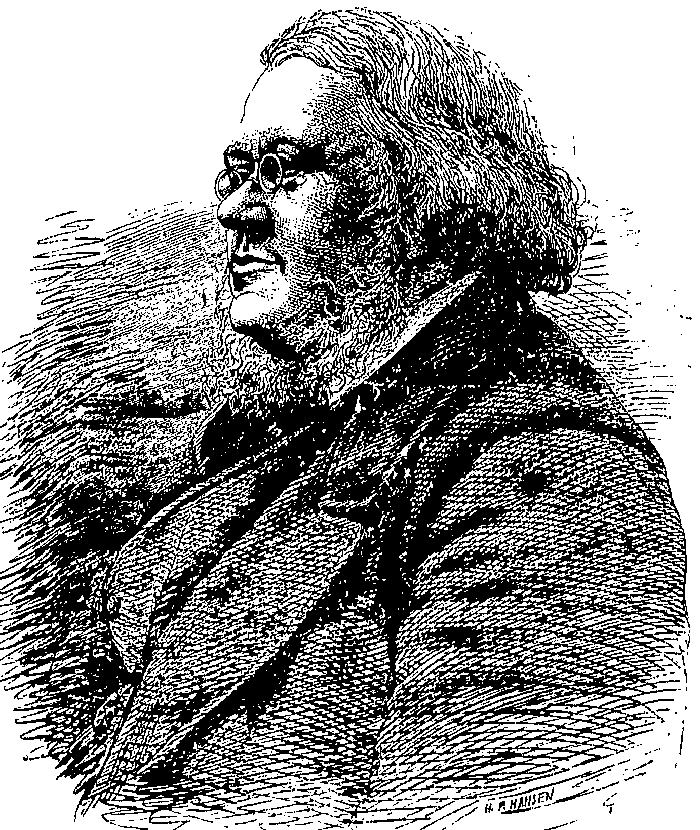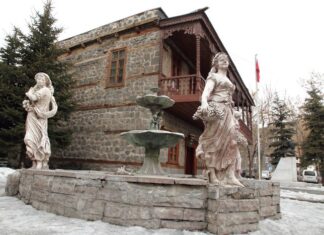The staff of the aforesaid illustrious master of the offices is made up from the school of confidential agents as follows:
A chief assistant,
Assistants:
two aids,
three for the arsenals,
four for the embroiderers in gold:
for the diocese of the East one, for the diocese of Asia one, for the diocese of Pontus one, for the diocese of the Thraces and Illyricum one.
An inspector of the public post in the presence,
Inspectors for all the provinces,
Interpreters for various peoples.
The master of the offices himself issues post-warrants.
[*1] So called from their attending in the schola, or hall of the palace.
[*2] A word of no religious import, but pointing only to the origin of this school from one social class of certain Scythian peoples who were living in a federate relation to the empire.
[*3] Agentes in rebus, a class of highly paid civil agents, who were designed to keep the central government in touch with its various branches. From them were chosen, as will frequently appear, the higher staff officials, who not only served their superiors, but watched them in the interests of the court. There were 1,174 of them in the time of Theodosius II.
XII. The Quaestor.
Under the control of the illustrious quaestor:
The formulation of laws,
The formulation of petitions.
The quaestor does not have a staff, but such assistants from the bureaus as he may wish.
XIII. The Count of the Sacred Bounties.
Under the control of the illustrious count of the sacred bounties:
The counts of the bounties in all the dioceses,
The counts of the markets:
in the East and Egypt,
in Moesia, Scythia and Pontus,
in Illyricum.
The provosts of the store-houses,
The counts of the metals in Illyricum,
The count and the accountant of the general tribute of Egypt,
The accountants of the general tribute,
The masters of the linen vesture,
The masters of the private vesture,
The procurators of the weaving-houses,
The procurators of the dye-houses,
The procurators of the mints,
The provosts of the goods despatch,
The procuratorof the linen-weavers.
The staff of the aforesaid count of the sacred bounties includes:
The chief clerk of the whole staff,
The chief clerk of the bureau of fixed taxes,
The chief clerk of the bureau of records,
The chief clerk of the bureau of accounts,
The chief clerk of the bureau of gold bullion,
The chief clerk of the bureau of gold for shipment,
The chief clerk of the bureau of the sacred wardrobe,
The chief clerk of the bureau of silver,
The chief clerk of the bureau of miliarensia,
[* A silver coin, worth about 22 cents under Constantine and 26 under Julian]
The chief clerk of the bureau of coinage and other clerks of the above-mentioned bureaus,
A deputy chief clerk of the staff, who is chief clerk of the secretaries,
A sub-deputy chief clerk, who deals with the goods de spatch,
A fourth clerk who deals with requests, and other palatine [officials] of the aforesaid staff.
The count of the bounties is entitled to as many post warrants in the year as his occasions may require.
Read More about War with Scyths part 4








